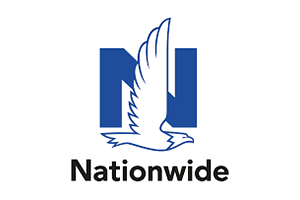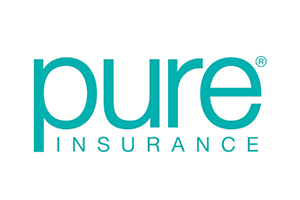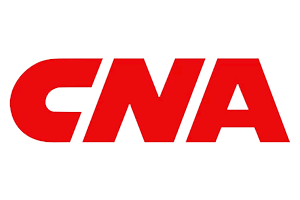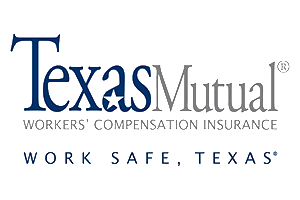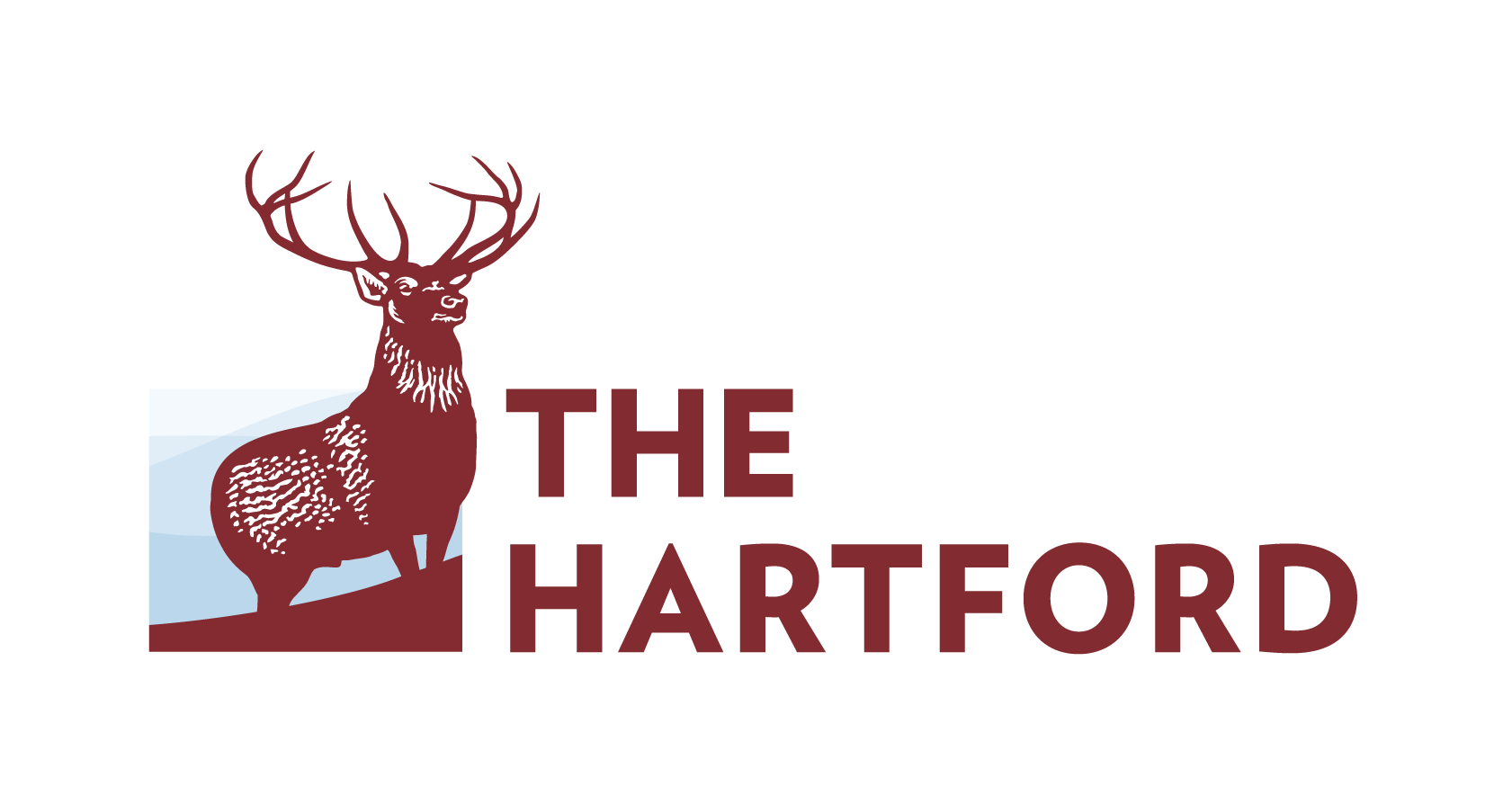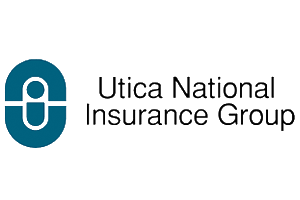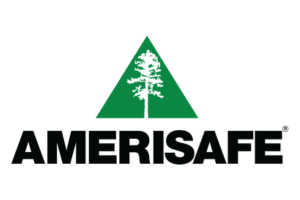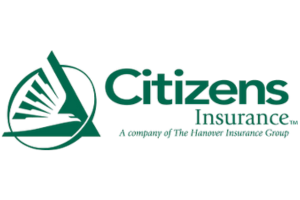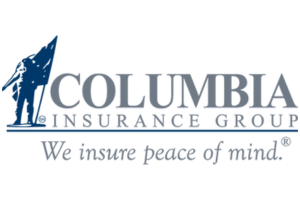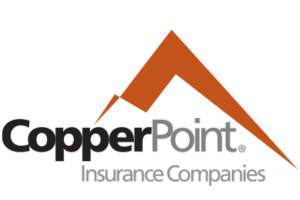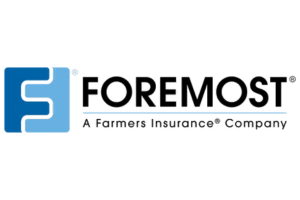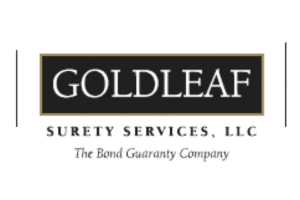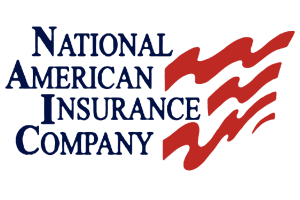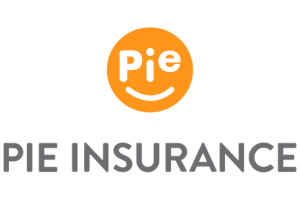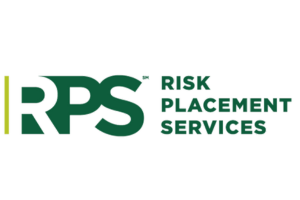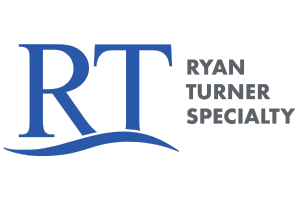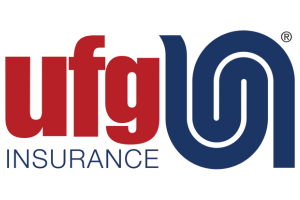Prepare your home & Business for winter
Cold Weather Prep:
Preparing Your Texas Home and Business for the Cold Months
Winter in Texas may not mean heavy snowstorms, but it can still bring chilly temperatures, unexpected ice, and even the occasional freeze. Preparing your home and business for the colder months can help you stay comfortable, avoid costly repairs, and protect against the unique challenges that Texas weather can bring. Here are some practical tips tailored for Texans to get ready for winter.
Understanding Winter Risks
Winter weather can pose significant risks to homeowners, including damage to property, injury, and even loss of life. Understanding these risks is crucial to preparing for and mitigating the effects of winter storms. Some of the most common winter risks include:

- Freezing Temperatures and Pipes: When temperatures drop, exposed pipes can freeze and burst, leading to water damage. Insulating pipes and keeping a steady flow of water can prevent this. Consider installing an automatic water shut-off device with an alert system that monitors water usage and cuts off the supply if issues arise, helping prevent damage from burst pipes. Pairing this with a temperature monitor, which alerts you if pipe temperatures approach freezing, provides an extra layer of protection, especially in unheated areas. These smart solutions can help you proactively manage cold-weather risks and safeguard your property from winter damage.
- Ice and Snow Accumulation on Roofs and Gutters: Ice dams can form on roofs, causing leaks and structural damage. Regularly clearing gutters and ensuring proper insulation can mitigate this risk.
- Power Outages and Generator Safety: Winter storms can lead to power outages. Having a generator can be a lifesaver, but it’s essential to use it safely to avoid carbon monoxide poisoning.
- Hypothermia and Frostbite: Prolonged exposure to cold can lead to serious health issues. Wearing warm clothes and limiting time outdoors during extreme cold can help prevent these conditions.
- Carbon Monoxide Poisoning: Using generators and heating systems improperly can lead to carbon monoxide buildup. Ensure proper ventilation and have detectors installed to stay safe.
Homeowners can take steps to mitigate these risks by preparing their homes, having emergency supplies on hand, and staying informed about weather conditions.

Inspect and Service Your Heating Systems to Avoid Replacement Cost
For Your Home:
- Schedule a Professional Inspection: Before the cold weather sets in, have a licensed HVAC technician inspect and service your heating system. This will ensure it’s operating efficiently and help you avoid unexpected breakdowns.
- Check Filters and Vents: Replace filters in your furnace and clean vents to improve airflow. A clean system runs more efficiently and helps maintain indoor air quality.
- Consider an Upgrade: If your heating system is outdated, investing in an energy-efficient model could save you money on energy bills and improve your home’s comfort.
- Install a Home Security System: A home security system can protect against various winter risks such as water damage, fire, and theft. It provides an added layer of safety, ensuring your home is safeguarded from potential dangers.
For Your Business:
- Conduct Regular Maintenance: Keeping a commercial heating system in top shape is crucial, as any failure could lead to uncomfortable working conditions and lost revenue.
- Use Smart Thermostats: Texas winters can be unpredictable, so smart thermostats are a great option for commercial spaces. They allow you to adjust temperatures remotely, ensuring comfort without unnecessary heating costs.
- Plan for the Unexpected: In Texas, sudden cold snaps can occur. Keep portable heaters on hand for areas that might need extra warmth, like customer waiting areas or break rooms.
Insulate Your Property
For Your Home:
- Seal Windows and Doors: Drafts can lead to significant heat loss. Check for gaps and apply weather stripping or caulking around windows and doors to keep the warm air in and the cold air out.
- Add Attic Insulation: Heat rises, so if your attic isn’t well-insulated, you could be losing a lot of warmth. Proper insulation helps maintain a stable indoor temperature and reduces energy consumption.
- Protect Your Pipes: Insulate exposed pipes in unheated areas to prevent them from freezing and potentially bursting, which can lead to costly water damage.
For Your Business:
- Insulate Key Areas: For businesses with warehouses or storage areas, add insulation to reduce heat loss. This will keep the work environment comfortable and protect any sensitive items from temperature fluctuations.
- Weatherproof Entrances: Doors to outside areas, especially loading docks, can bring in the cold air. Installing heavy-duty weather stripping around these entrances will help keep things more consistent indoors.
Get Ready for Possible Ice, Snow, or Extreme Cold
For Your Home:
- Stock Up on De-Icer: In Texas, icy walkways can be a surprise. Having a small supply of de-icer or sand can help prevent slips and falls on driveways and sidewalks.
- Protect Plants and Pipes: Sudden freezes can damage both your garden and plumbing. Cover outdoor plants and disconnect and drain garden hoses to prevent ice buildup.
- Prepare Your Roof and Gutters: Clear any leaves and debris from gutters to prevent blockages. If ice does form, blocked gutters can lead to costly roof damage.
For Your Business:
- Plan for Ice Control: Icy patches in parking lots or walkways can be hazardous. Consider arranging for a de-icing service or keep de-icer on hand to maintain safety for customers and employees.
- Provide Safe Entryways: Keep entryways dry and slip-free with rubber mats. These can be lifesavers in preventing accidents, especially during the occasional cold rain that can lead to ice patches.
- Check Your Roof for Weak Spots: While snow is rare, rain followed by freezing temperatures can create ice. A quick roof inspection to ensure drainage is clear can prevent leaks and other damage.
Test and Update Your Home Security System
For Your Home:
- Check Smoke and Carbon Monoxide Detectors: Texans often use fireplaces and space heaters, especially when cold snaps hit. Ensure your smoke and carbon monoxide detectors are working correctly and change out the batteries as needed.
- Have Fire Extinguishers Ready: Space heaters and fireplaces can be fire hazards. Keep a fire extinguisher on hand and make sure everyone in the house knows how to use it.
- Be Prepared for Power Outages: Texas winters can sometimes bring unexpected power outages. A basic emergency kit with flashlights, batteries, and blankets can be a big help.
For Your Business:
- Update Emergency Plans: Ensure that employees know what to do in case of a fire or emergency. Have an updated evacuation plan and go over it with your team.
- Service Safety Equipment: Make sure fire extinguishers and smoke alarms are operational. Test them before the cold season begins to avoid any last-minute issues.
- Maintain Clear Exit Routes: Cold snaps can lead to ice buildup. Keep pathways clear and accessible so everyone can exit safely if needed.
Review Your Insurance Coverage for Winter-Related Issues
Even in Texas, winter can bring unexpected weather and related issues. Reviewing your home insurance and homeowners insurance policies now can save you stress later.
For Your Home:
- Confirm Homeowners Insurance Details: Make sure your policy covers common winter risks like burst pipes and liability for accidents on icy sidewalks. Understand what your homeowners insurance cover includes, such as home repair or replacement and protection of personal belongings like jewelry, appliances, and electronics.
- Consider Additional Coverage: While Texas isn’t prone to severe winter storms, freezing pipes and water damage can still happen. Make sure you’re covered for these types of incidents.
- Quality Coverage and Replacement Cost: Opt for quality coverage that includes replacement cost to ensure your belongings are insured at today’s market value without depreciation.
- National Flood Insurance Program: Consider the National Flood Insurance Program to obtain flood insurance, as standard policies typically do not cover flood damage.
- Liability Coverage: Ensure your homeowner’s insurance policies include liability coverage to protect against financial liability for accidents on your property.
For Your Business:
- Evaluate Your Business Insurance: Ensure you’re covered for winter-related risks, like property damage from freezing weather or slip-and-fall incidents. Your broker can help identify any gaps in coverage.
- Comprehensive Coverage: Having a comprehensive policy that includes liability protection and coverage for property damage is crucial for overall security.
- Take Preventive Steps: Doing things like regular pipe insulation and keeping walkways clear can help reduce claims and may even lower your premiums.
Business Interruption Planning
As a homeowner, you may also be a business owner or have a home-based business. In the event of a winter storm, your business may be interrupted, resulting in lost income and revenue. Business interruption planning can help you prepare for and respond to these disruptions.
Some key considerations for business interruption planning include:
- Identifying Critical Business Functions and Operations: Determine which aspects of your business are essential and need to continue during a disruption.
- Developing a Plan for Alternative Work Arrangements: Consider remote work options or temporary relocation to ensure business continuity.
- Communicating with Customers, Employees, and Stakeholders: Have a clear communication plan to keep everyone informed about the status of your business and any changes.
- Mitigating Risks through Insurance: Ensure you have appropriate coverage, such as business interruption insurance, to protect against financial losses.
By having a business interruption plan in place, you can minimize the impact of a winter storm on your business and ensure continuity of operations.
Energy Efficiency and Savings
Winter weather can be a significant strain on your home’s energy systems, leading to increased energy bills and potential damage to your home. Energy efficiency and savings can help you reduce your energy consumption and lower your bills.
Some tips for energy efficiency and savings include:
- Insulating Your Home: Proper insulation keeps warm air in and cold air out, reducing the need for constant heating.
- Using Energy-Efficient Appliances and Lighting: Upgrade to energy-efficient models to save on energy costs.
- Sealing Air Leaks and Drafts: Check for and seal any gaps around windows and doors to prevent heat loss.
- Using a Programmable Thermostat: Regulate your home’s temperature efficiently by setting it to lower when you’re not home and higher when you are.
- Considering Renewable Energy Sources: Explore options like solar or wind power to reduce reliance on traditional energy sources.
By taking steps to improve your home’s energy efficiency, you can save money on your energy bills and reduce your environmental impact.
Staying Informed and Prepared
Staying informed and prepared is critical to navigating the risks and challenges of winter weather. Here are some tips for staying informed and prepared:
- Sign Up for Emergency Alerts and Weather Updates: Stay informed about weather conditions through local government or weather services.
- Keep a Battery-Powered Radio and Flashlight on Hand: In case of a power outage, these tools can keep you informed and safe.
- Have a Plan for Alternative Heat Sources: Consider a portable generator or fireplace to keep warm during power outages.
- Keep Warm Clothes, Blankets, and Emergency Supplies on Hand: Ensure you have enough supplies to stay warm and safe during extreme cold.
- Consider Purchasing a Separate Policy for Flood Insurance: Winter weather can sometimes lead to unexpected flooding. Having a separate policy can provide additional protection.
By staying informed and prepared, you can minimize the risks associated with winter weather and ensure the safety and security of your home and family.
While winters in Texas are generally mild, a little preparation goes a long way. By following these steps, you can ensure your home and business are ready for anything the season may bring. For personalized insurance advice, feel free to reach out to us at 469-788-8888. We’re here to help you stay protected, no matter what the Texas weather throws your way!
Get a Free Quote or call us with questions to see how we can help you.
You can email us at admin@towerstreetinsurance.com or call us at 469-788-8888.
Enjoy the holiday with the peace of mind you deserve!
YOU MAY ALSO LIKE…
OSHA 300 Posting Deadline
What Employers Need to Do NowOSHA recordkeeping...
Best Practices for Data Protection
Best Practices for Data ProtectionOctober marks...
Is Your Landscaping Business Covered for the Summer?
A Strategic Guide to the Insurance, Risk Gaps,...
Tower Street Insurance By The Numbers
Carriers
Collective Years of Experience
Written Policies
%
Retention Rate

- 5001 Spring Valley Rd 500W Dallas, TX, 75244
- PO Box 803506
- admin@towerstreetinsurance.com
- admin@towerstreetinsurance.com
- 469-788-8888
- View Service Areas
Privacy Policy
Site Map





